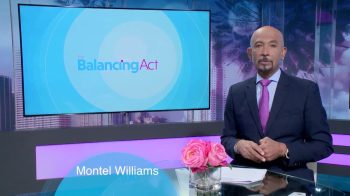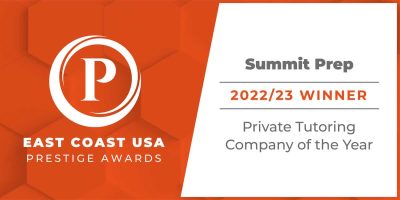
It goes without saying that our hearts go out to those who are struggling from this unprecedented pandemic. But, this crisis will be temporary; don’t let it derail your long-term future. This post is about that long-lasting future, and how you can position yourself for it right now.
In 1665, London was in utter panic. The Black Plague was ravaging the city: within 18 months, almost 25% of its population (100,000 people) died. Amidst the epidemic, Trinity College in Cambridge sent students home. Isaac Newton, at the time in his early 20’s and a student there, retreated to the safety of his parents’ home. The next year, in quarantine, is now referred to as his “Year of Wonders”; during this time, he theorized the laws of motion and gravity and invented Calculus, which we use in medicine, engineering, statistics, physics, economics, etc. In so doing, he changed the course of human history.
The take-aways are obvious but still worth pointing out: Make the most of any situation. Continue to improve. Look beyond the current tragedy. Prepare for the rest of your life.
But here’s why doing so is not only beneficial but provides an enormous advantage. Your margin of advantage is greatest when you learn and work while others do not. Here are two charts that illustrate the relative advantage at different times.
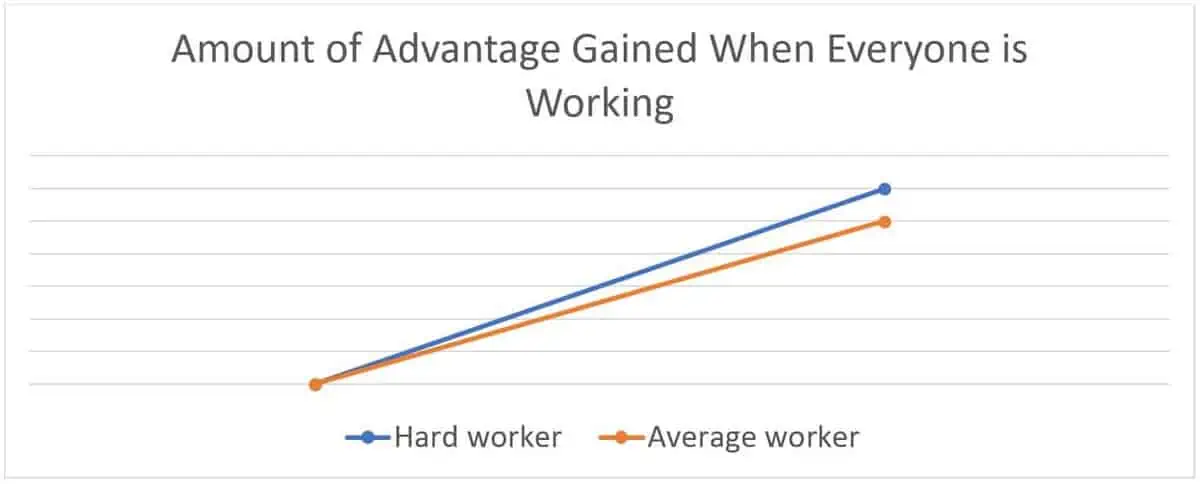
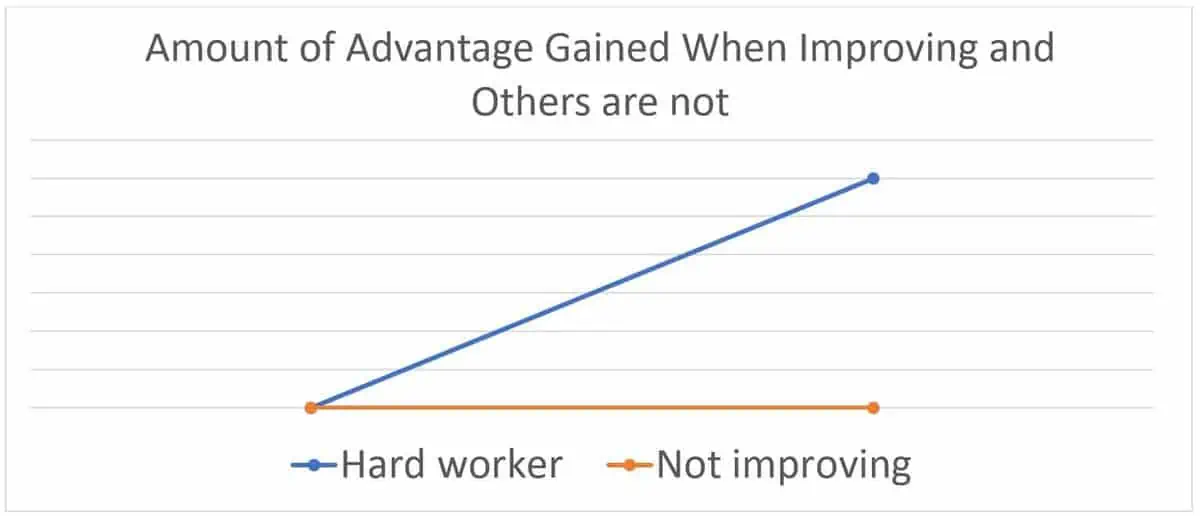
But this is not just theoretical. It is backed up by data. As Malcolm Gladwell points out in Outliers, “Virtually all of the advantage that wealthy students have over poor students is the result of differences in the way privileged kids learn while they are not in school” (p.257-258).
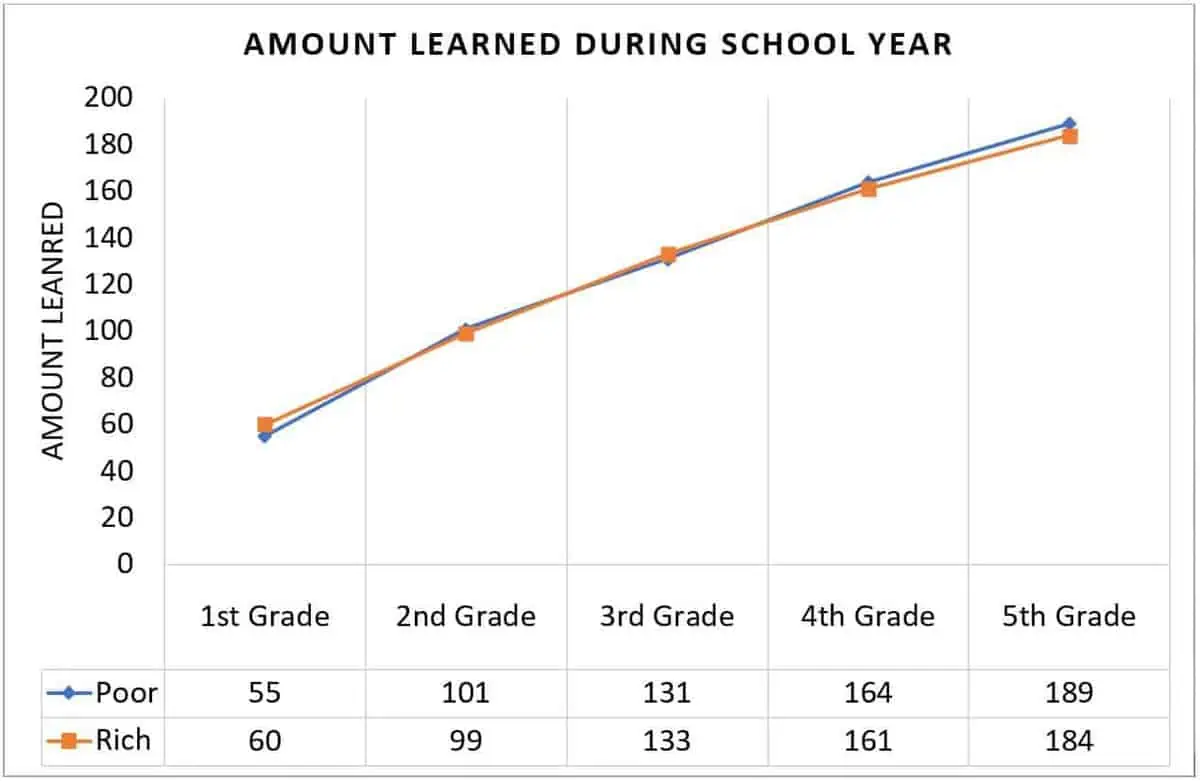
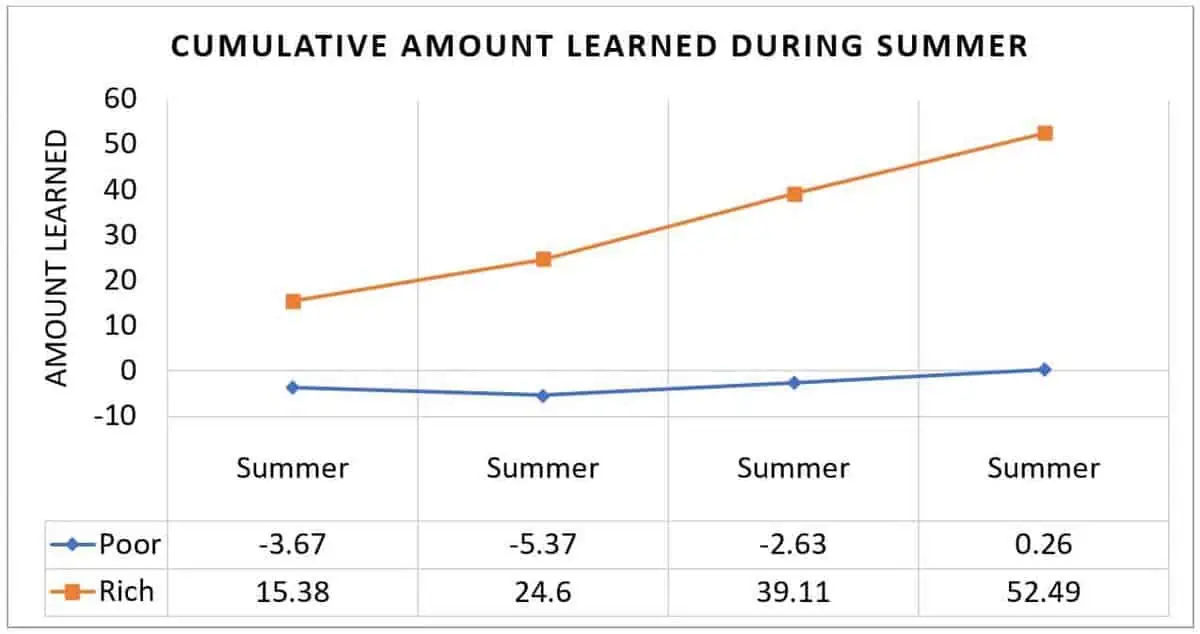
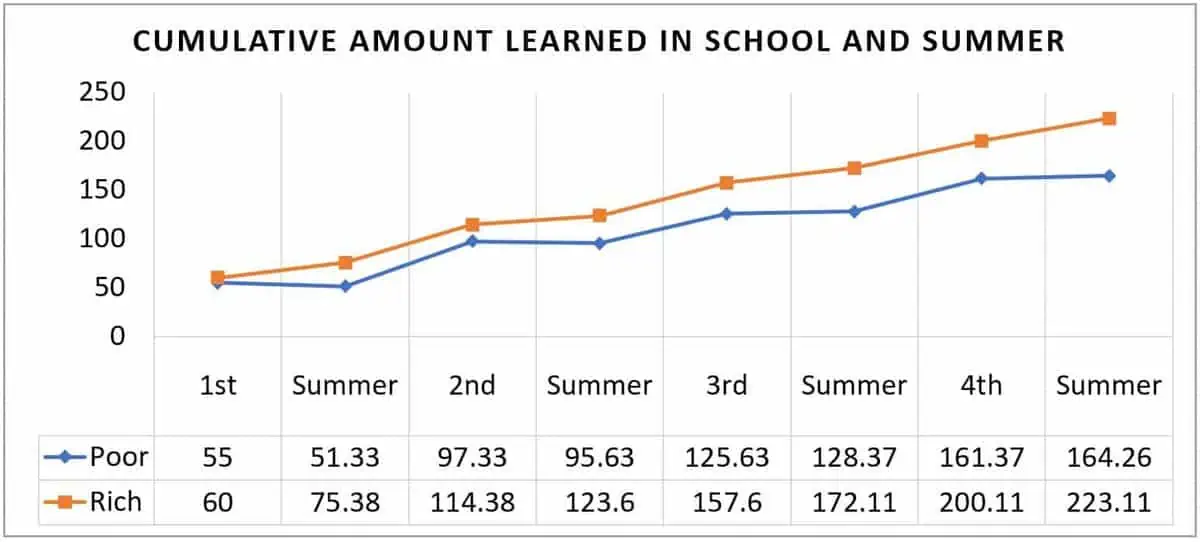

So what is the lesson for today? Given that most students have little to no school, the same rules of gaining an advantage during summer apply to today: if you want to set yourself up for success, use this time wisely. Working, learning, and improving will help you and increase your ability to help the world.
With respect to the SAT and ACT, most of our families are using this time to do more preparation (just as they do in summer). Because the March and May SATs were canceled (and there’s no confirmation yet, as of 3/22/20, that they will be rescheduled), students went from three SATs at the end of junior year to just one in June. That June test is now three times as important if students aim to hit their score goal by then so that they do not need to prep over the whole summer for the August and October tests.
Similarly, because the April ACT was canceled, the June ACT has become twice as important if students are hoping to finish with their testing by the end of junior year and thereby not have to 
Quarantine is an advantage for some — but only those who can and do choose to make it an opportunity.







